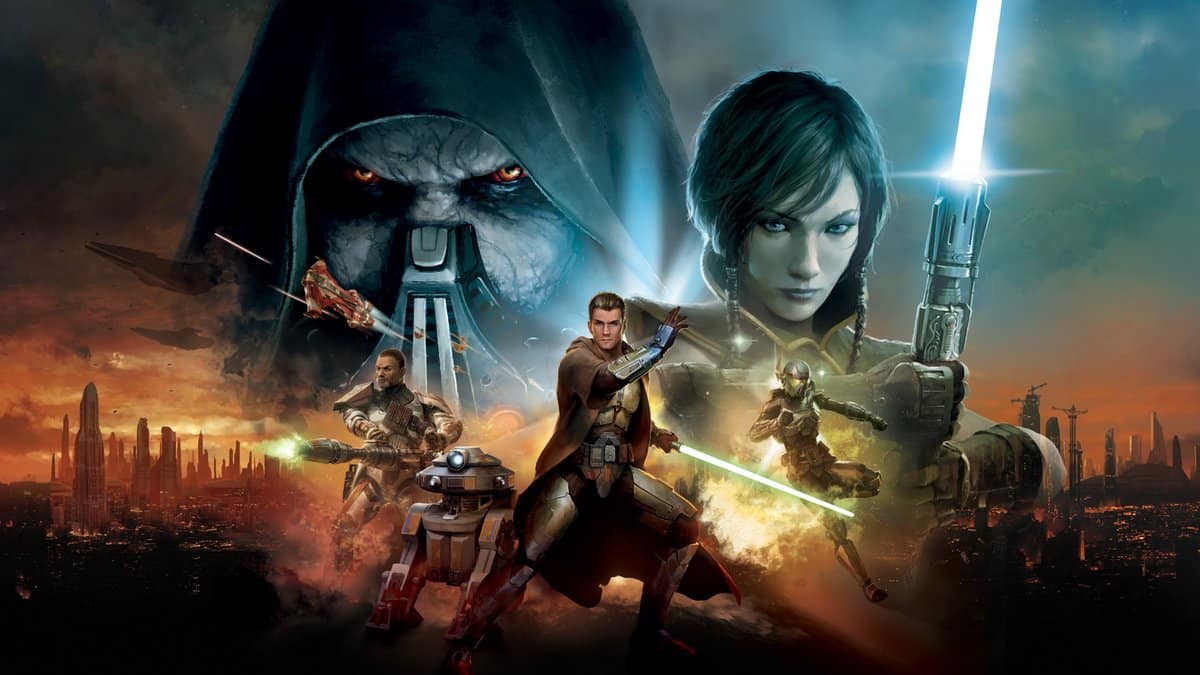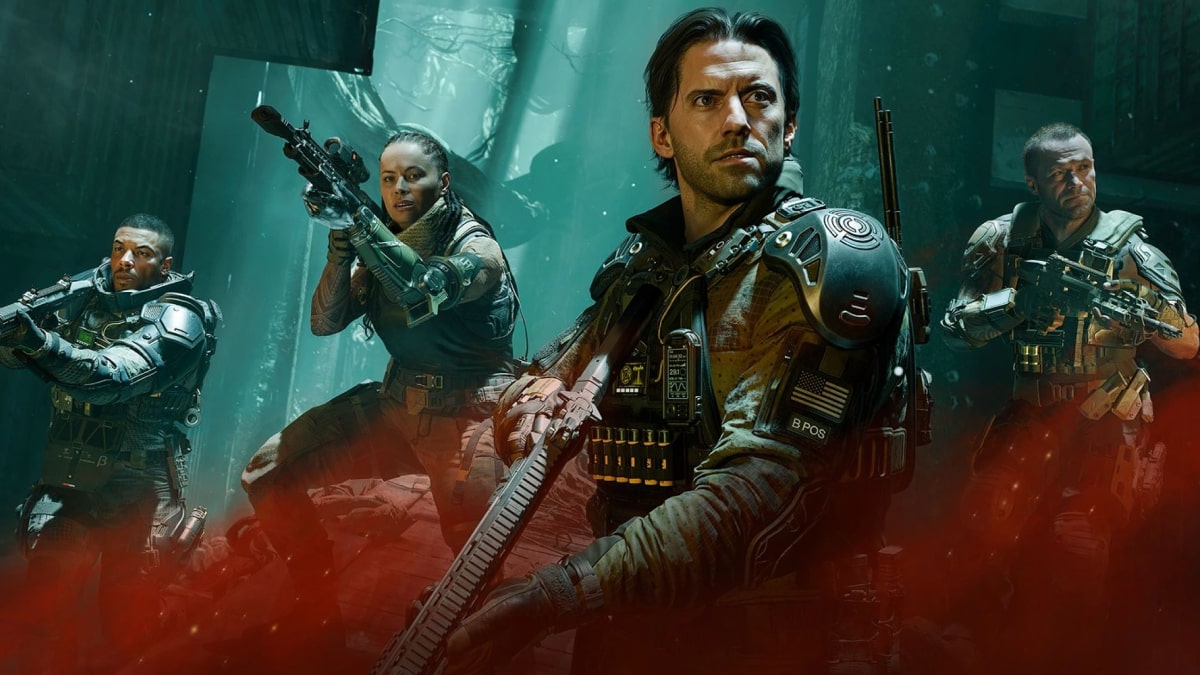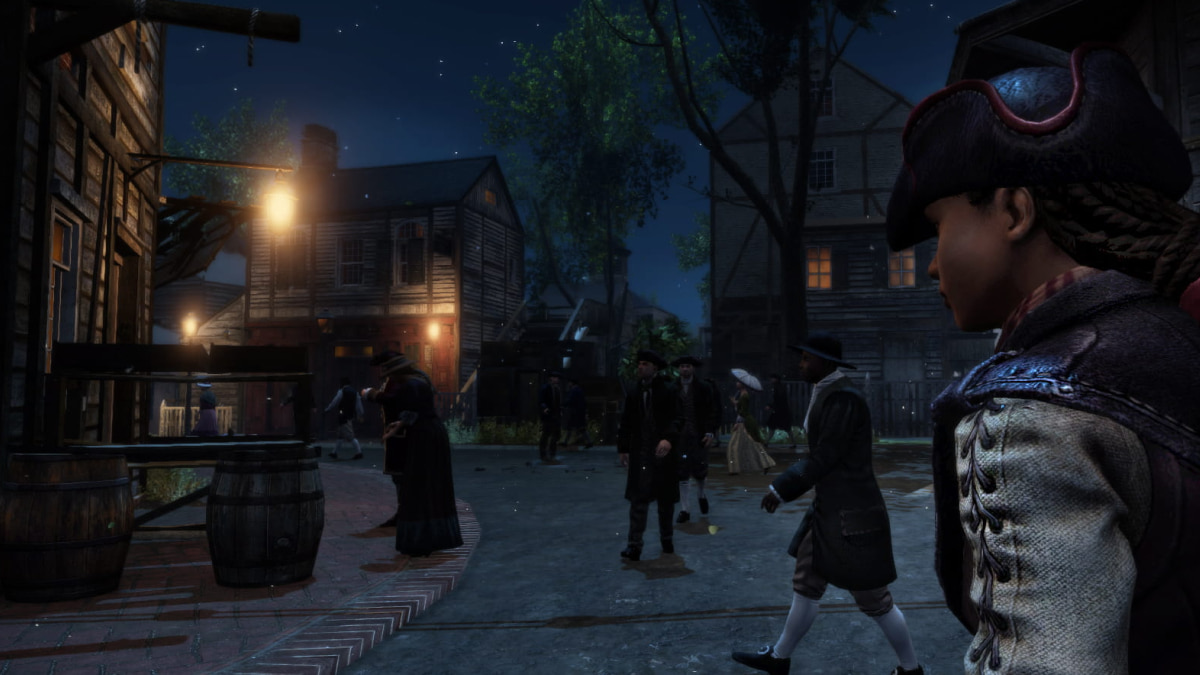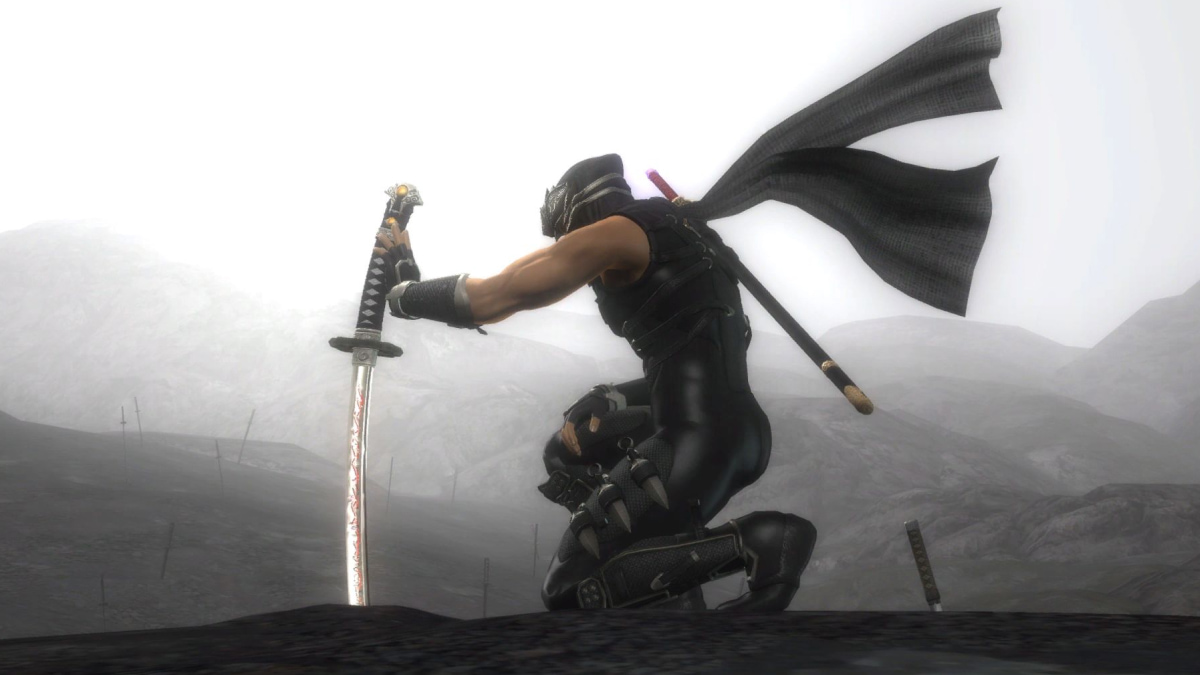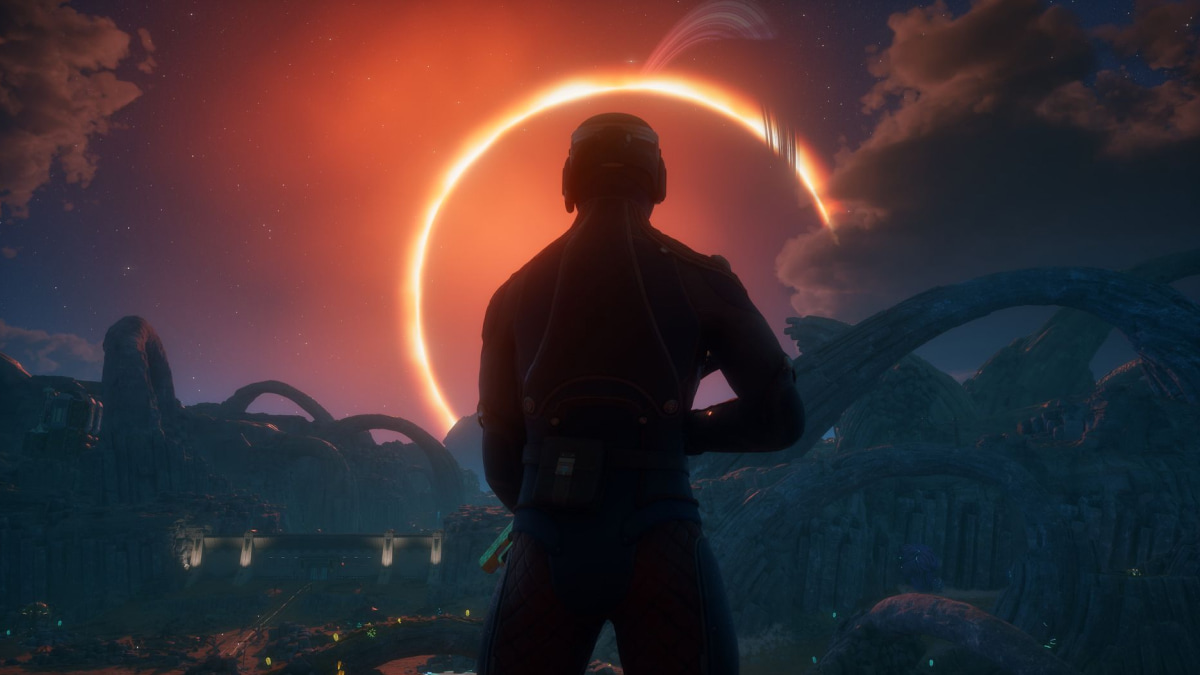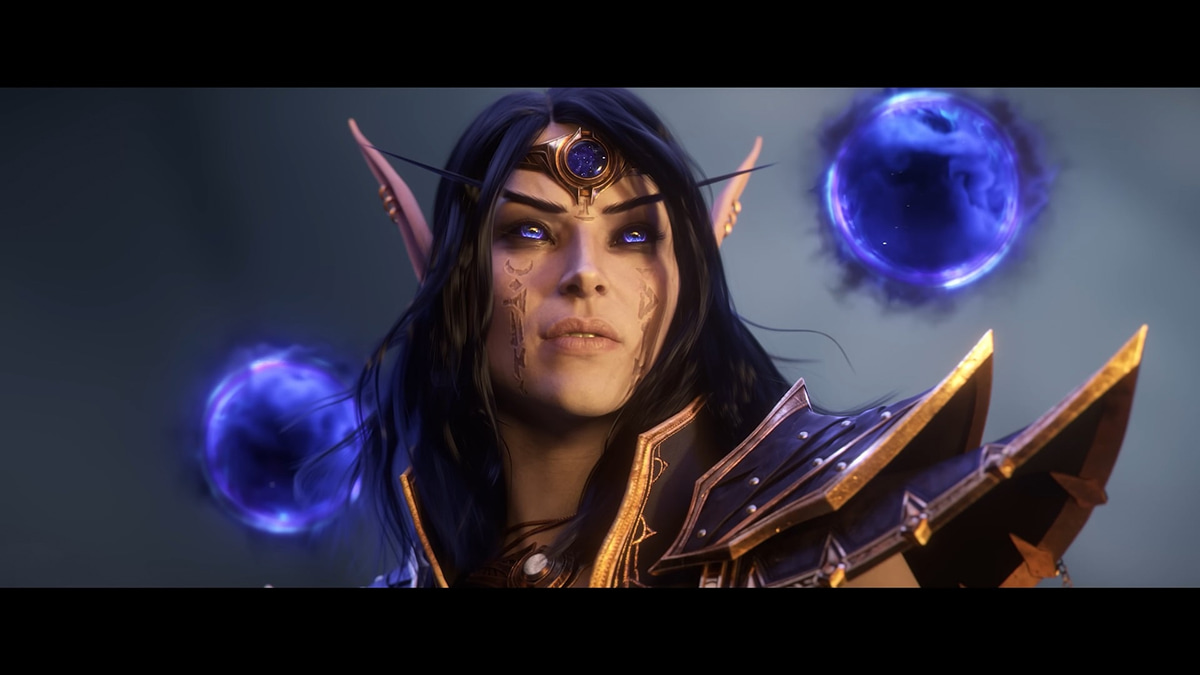You can trust VideoGamer. Our team of gaming experts spend hours testing and reviewing the latest games, to ensure you're reading the most comprehensive guide possible. Rest assured, all imagery and advice is unique and original. Check out how we test and review games here
These days knitting circle gossip about the fall of Star Wars: The Old Republic is a tired story. After the news came out recently that the upcoming game managed to break all of EA’s pre-order records, despite having a collector’s edition that costs roughly a pound of flesh, it was clear that SWTOR had more than a little life in it yet.
But even with the title riding on the good news of pre-order success, it’s hard to unhear the kicking and screaming we’ve been hearing for over a year about The Old Republic inevitably turning out to be a disaster.
Back in 2010, when an anonymous ex-employee of BioWare Mythic blew the lid on the office politics that were taking place behind the scenes of The Old Republic’s development, the idea of a then (unreliably) reported $300m being spent on EA’s Jedi extravaganza made it look like the firm was carefully positioning itself under a falling anvil.
Soon after, in late 2010, Bigpoint CEO Heiko Hubert said that both EA and Bioware ‘estimated a development budget of over 100 million’, adding that ‘with micro transactions maybe I see the game having a chance but I don’t think that EA or BioWare will ever be profitable with this game.’
In fact just scanning through search results Google shows how much of the blogosphere has become an echo-chamber for The Old Republic scepticism.
But it’s the money that’s always been the biggest issue following the game. EA named The Old Republic its most expensive title ever, and even big-boss John Riccitiello said recently the game needs to make somewhere in the ballpark range of $2m to be a great investment.
Unfortunately, the old model of throwing meat into the machine and cranking out huge projects is becoming increasingly less reliable in online games. Realtime Worlds’ fledgling steps into the crazy world of MMO development ended when All Points Bulletin was roasted by critics and the studio closed down as a result of poor sales. EA’s last major MMO adventure with Warhammer Online failed to drag away any of World of Warcraft’s audience despite the massive amount of money poured into the project.
Even with the silver lining the pre-orders offered, it’s worth remembering the game is still being developed at a transformative time for online gaming. Star Wars: The Old Republic is being developed at a period when publishers have suddenly realised the trifecta of casual games, apps, and free to play schemes are themselves a lucrative business.
Lately EA has been putting resources into growing its casual sector – a few bigger names from the casual-developer table, like PopCap of Plants vs Zombies glory, and others from smaller, lesser known troughs too. The firm took on Unicorn Parade studio Ohai for a reportedly nebulous-sounding ‘low price’, and recently paid out 750 million to PopCap in cash and shares.
Along the same lines, Ubisoft has started courting free-to-play developers, recently expanding its F2P portfolio with Owlient, the developer behind horse MMO Howrse. Smaller MMOs have started changing their business model to survive, too. Lord of the Rings Online and Dungeons and Dragons Online adopted an Asian-styled micro-transaction systems, which tripled their revenue. Even World of Warcraft has decided to squeeze in to the trousers of cross-level game trials to draw in new players, after it was announced a fraction of its subscriber-base had dropped.
In the persistent race of chasing market trends, traditional subscription MMO projects are a hard sell, even when statistical rarities like World of Warcraft offer the illusion of a genre gold mine. Still, if The Old Republic succeeds it will prove that shovelling huge resources from the back pockets of major publishers into the traditional development model is still the most lucrative way to make your money back on an MMO. But if it fails expect a hell of a sea change.
Expect firms to run, not walk, to join the surging queue of Facebook and app developers when funding traditional large-scale MMO projects looks like a no-go. If The Old Republic fails to keep the number of subscribers it needs to perform as a viable business you can bet new projects will fizzle as stories of EA and The Old Republic will be remembered by even the most clueless of financial backers.
Why is it important whether or not The Old Republic succeeds? Because it’s likely to instigate a radical re-thinking in whether developing traditional MMO blockbusters is even worth the effort anymore.
Star Wars: The Old Republic
- Platform(s): PC
- Genre(s): Massively Multiplayer, Massively Multiplayer Online, RPG, Science Fiction
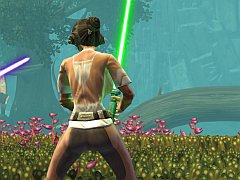
/https://oimg.videogamer.com/images/db2e/star_wars_the_old_republic_64.jpg)
